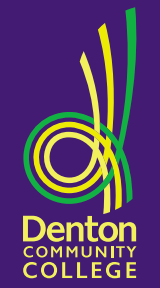If you enjoy learning about how the events of the last 1000 years, help explain the problems and opportunities of the world today then this GCSE History course is the ideal subject for you.
During this course you will gain an insight into why well known figures are historical important, improve your ability to judge the accuracy of information and develop valuable skills such as reasoning and debating.
At Key Stage 4, the History department follow the Edexcel syllabus.
You will learn about:
Unit 1: Thematic study and the historic environment (30% of the final grade)
- Crime and punishment through time, 1000 to present day (Thematic study).
- Whitechapel, 1870-1900: Crime and policing in inner-city London (Historic environment).
In this unit, the assessment will focus on:
- Describing the key features of events.
- Explaining the change and continuity between events.
- Explaining the causes of events.
- Evaluating the significance/importance of events.
- Evaluating the usefulness of sources when carrying out historical enquiries.
Unit 2: Period study and British Depth study (40% of the final grade)
- Early Elizabethan England, 1558-1588 (British Depth study).
- The American West, c1835–c1895. (Period study).
In this unit, the assessment will focus on:
- Describing the key features of events.
- Explaining the causes of events.
- Explaining the consequences of events.
- Explaining the significance/importance of events.
- Evaluating the significance of events.
Unit 3: Modern World Depth study (30% of the final grade)
- Weimar and Nazi Germany, 1918-39 (Modern World depth study).
In this unit, the assessment will focus on:
- Explaining the causes of events.
- Making inferences from sources written during the period of study.
- Evaluating the usefulness of sources written during the period of study, and sources written after the period of study.
- Cross-referencing similarities and differences between interpretations of events.
- Explaining why interpretations of events differ.
- Evaluating the reliability of different interpretations of events.
Each unit is assessed in the form of a written examination, which will all take place at the end of the course.
